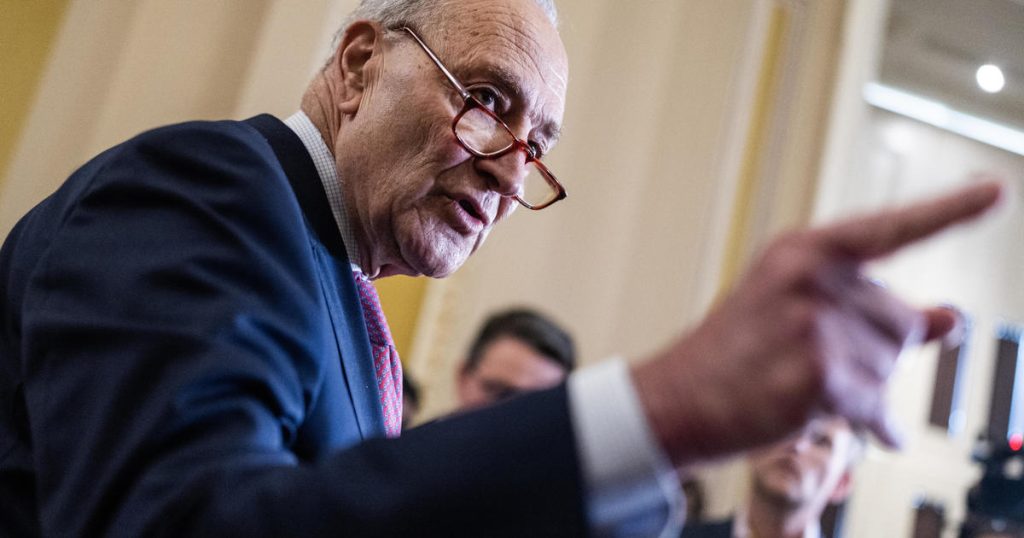The Senate is set to vote on legislation called the Right to IVF Act, which aims to protect access to in vitro fertilization (IVF) services and make them more affordable. Democrats are pushing for this legislation, daring Republicans to reconsider their votes on the issue, especially following former President Donald Trump’s statements supporting IVF. The issue gained national attention earlier this year when the Alabama Supreme Court deemed embryos as children under state law, leading to temporary halts on fertility treatments in the state. Many Republicans, including Trump, have expressed support for IVF, prompting Democrats to tie IVF to reproductive rights more broadly in light of recent decisions overturning Roe v. Wade.
Democrats argue that overturning Roe v. Wade has opened the door to restrictions on other reproductive procedures, with IVF being one of the hard-right’s next targets. Senate Majority Leader Chuck Schumer announced that the Senate would vote on the IVF legislation again due to Trump’s recent support, including his endorsement of a mandate for insurance companies to cover IVF services. The Democratic-led legislation includes this provision, which most Senate Republicans previously voted against. Despite Senate Republicans expressing support for IVF, they feel the Democratic package goes too far. A bipartisan path forward on the issue has yet to be identified, with both sides facing another likely failed vote on the legislation.
Donald Trump has faced pressure from various groups over reproductive rights, having appointed Supreme Court justices who voted to overturn Roe v. Wade while also expressing beliefs that abortion should be a state issue. Trump’s recent statements in support of expanding access to IVF have garnered criticism from conservatives who oppose IVF. The legislative battle over IVF highlights the broader debate concerning reproductive rights in the U.S. Senate Republicans have attempted to protect access to IVF through their own legislation, but Democrats rejected their proposal, citing concerns over scope and enforcement mechanisms tied to Medicaid funding for states. With another vote impending, both sides remain at an impasse on the issue.


